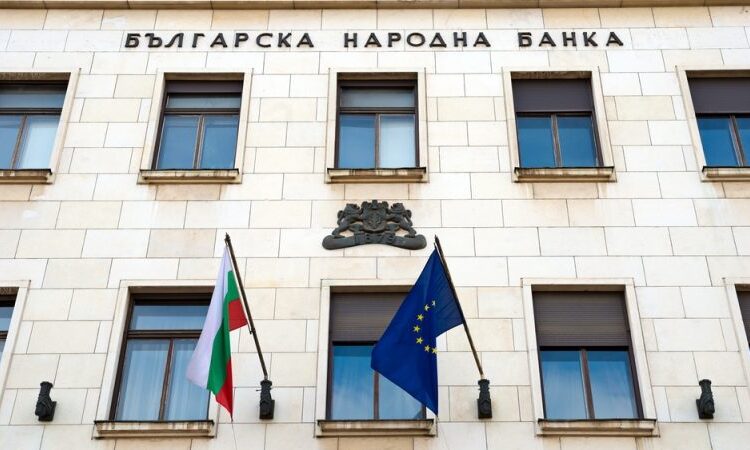
Household loans may need to be tightened based on this year’s first-quarter results, Bulgarian National Bank Governor Dimitar Radev said on Sunday as his country tries to curb inflation to meet its last remaining condition to join the eurozone in 2025.
Inflation, which in Bulgaria is 1.5% above the Eurozone average, is the only condition Bulgaria needs to fill to be ‘Eurozone ready’.
“It should be borne in mind that this (the tightening of credit for households) is a decision that does not depend only on us. It depends on our partners, with whom we discuss the issues of Bulgarian membership (in the eurozone),” Radev told state radio BNR.
A few days ago, the BNB announced its data on house loans in 2023, which shows a sharp 20.5% increase in loans in one year.
While banks lent €2.7 billion in new loans to households during this period, or about 2.7% of the country’s GDP, citizens’ debts to financial institutions amounted to €20 billion (20% of GDP).
In recent months, financial experts have warned that high credit growth could be a new source of inflation. The head of the central bank has indicated that measures to curb lending are being considered, such as a cap on the maximum loan amount and a stricter limit on the ratio of personal income to the amount of the loan.
The Bulgarian banking system is one of the most stable in the EU, and interest rates on loans are at historically low levels, which is in sharp contrast to rising interest rates in the Eurozone and the US. The average interest rate on mortgage loans in Bulgaria is 2.6%, and this is because Bulgarians continue to increase their savings in bank deposits, even though the interest rate on deposits is close to 0%.
“Before we make a decision, we look at a complex of indicators. We don’t just look at the growth of mortgages, we look at many other things, for example, how such a measure will affect the economy in general, and economic activity. This decision will be made very carefully and it will be taken on the basis of the incoming data”, said Radev.
These measures will depend on whether Bulgaria joins the Eurozone in 2025, Radev added.
(Krassen Nikolov | Euractiv.bg)






